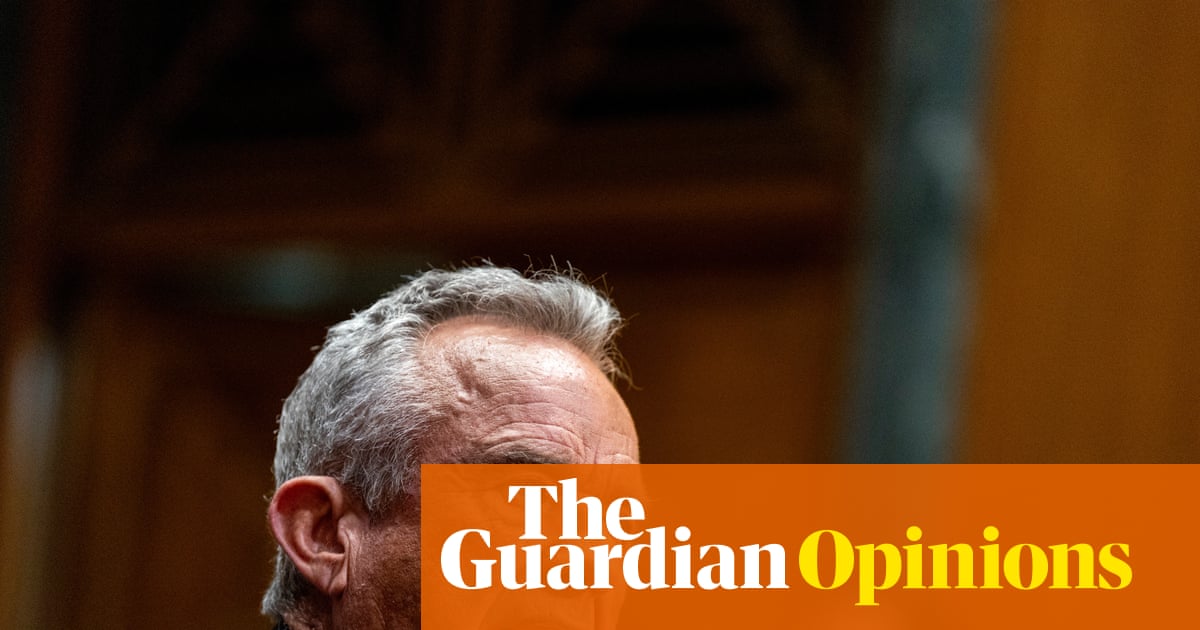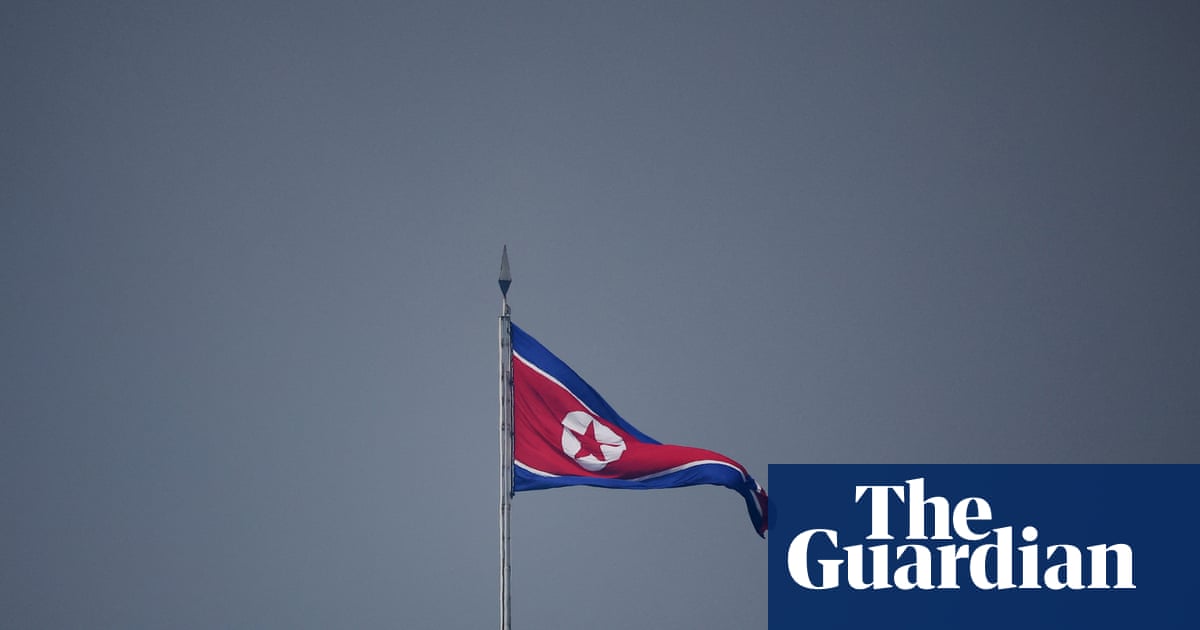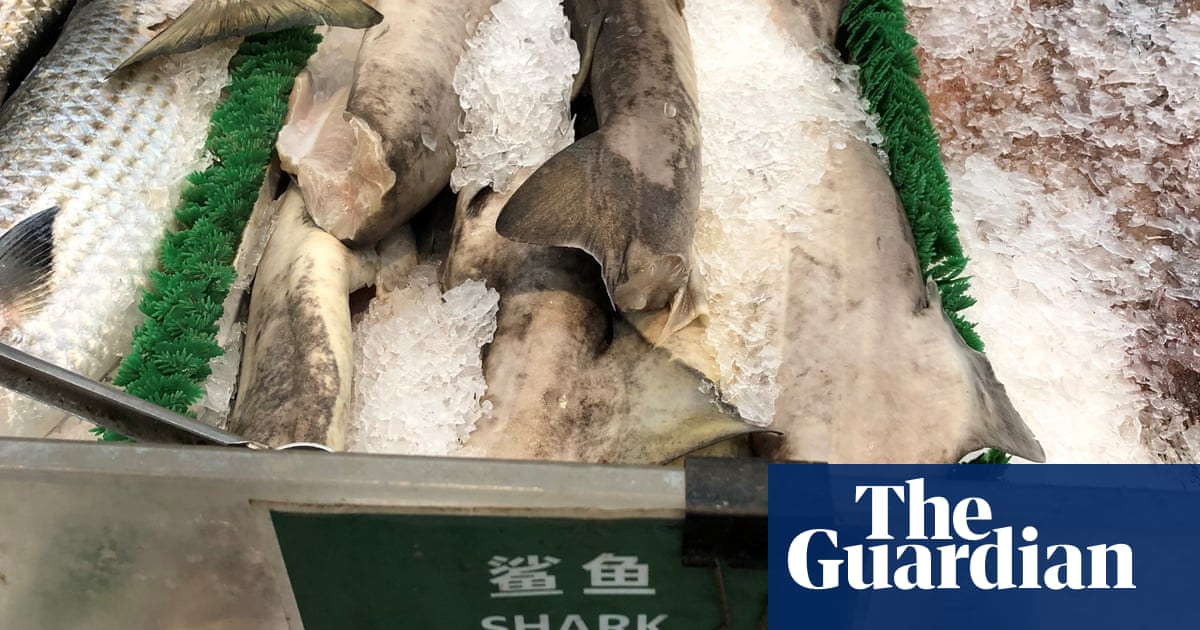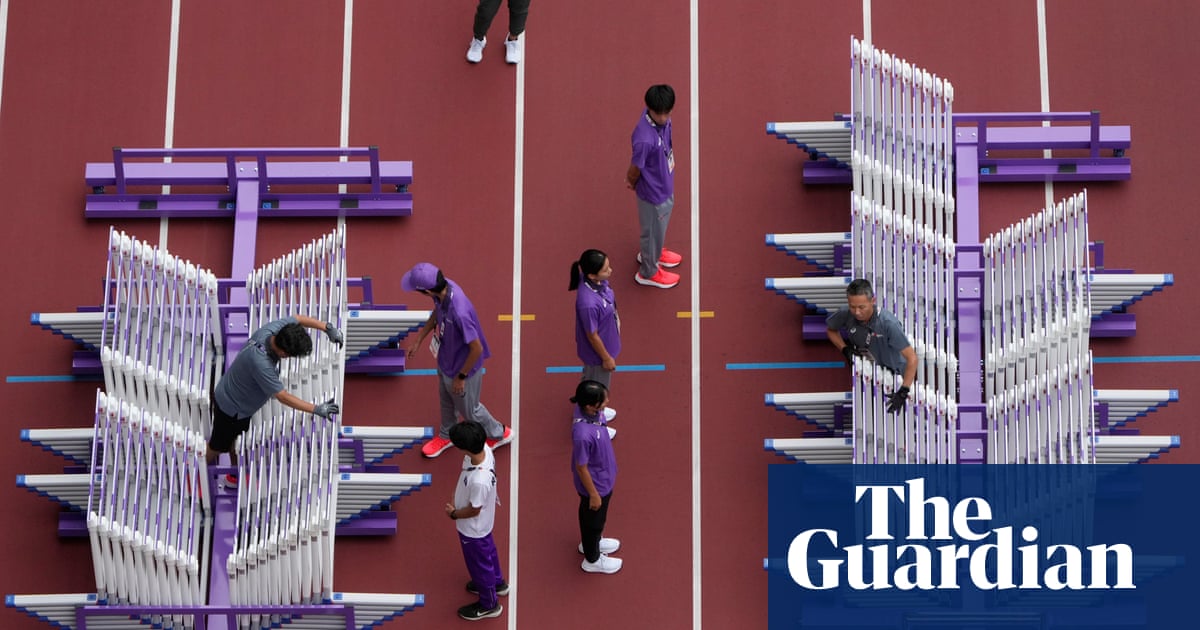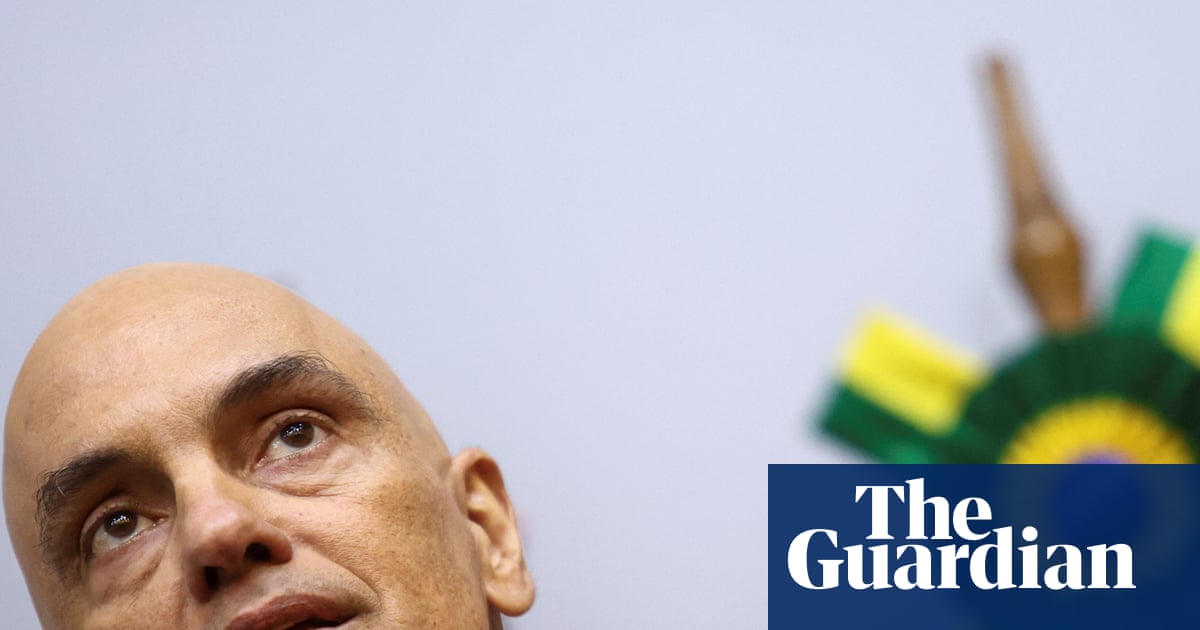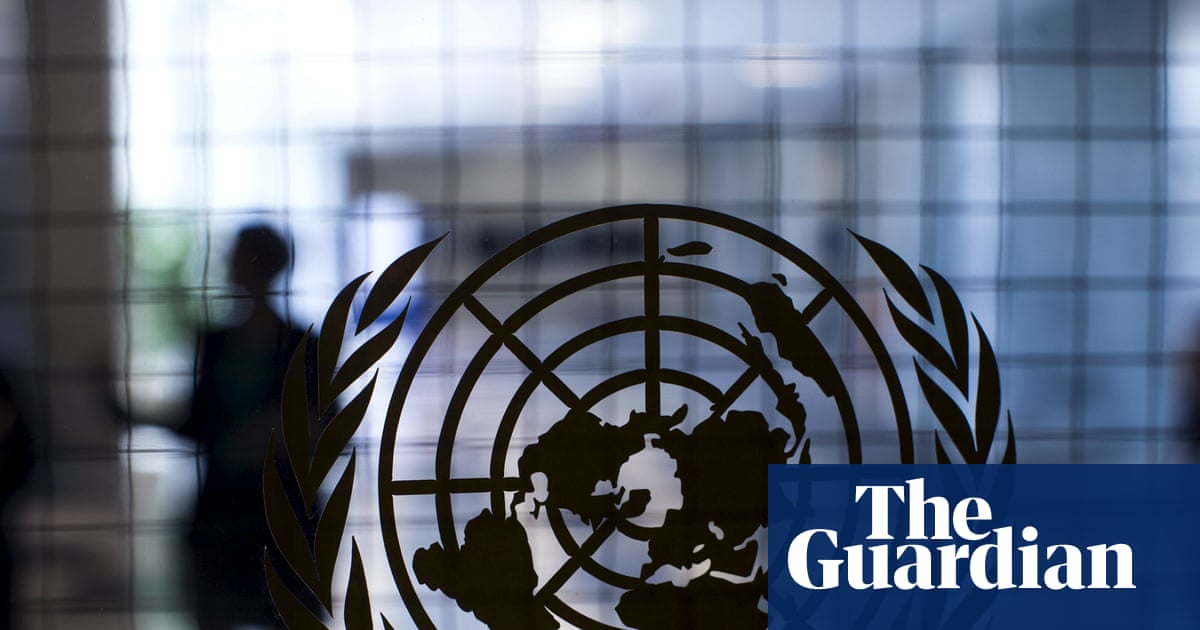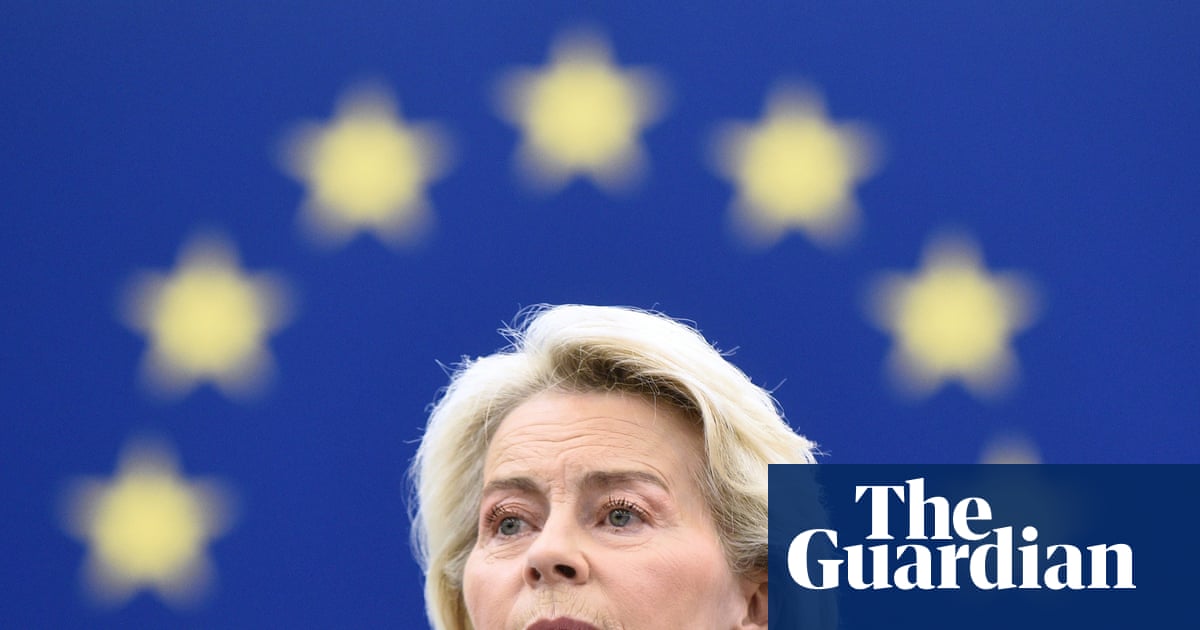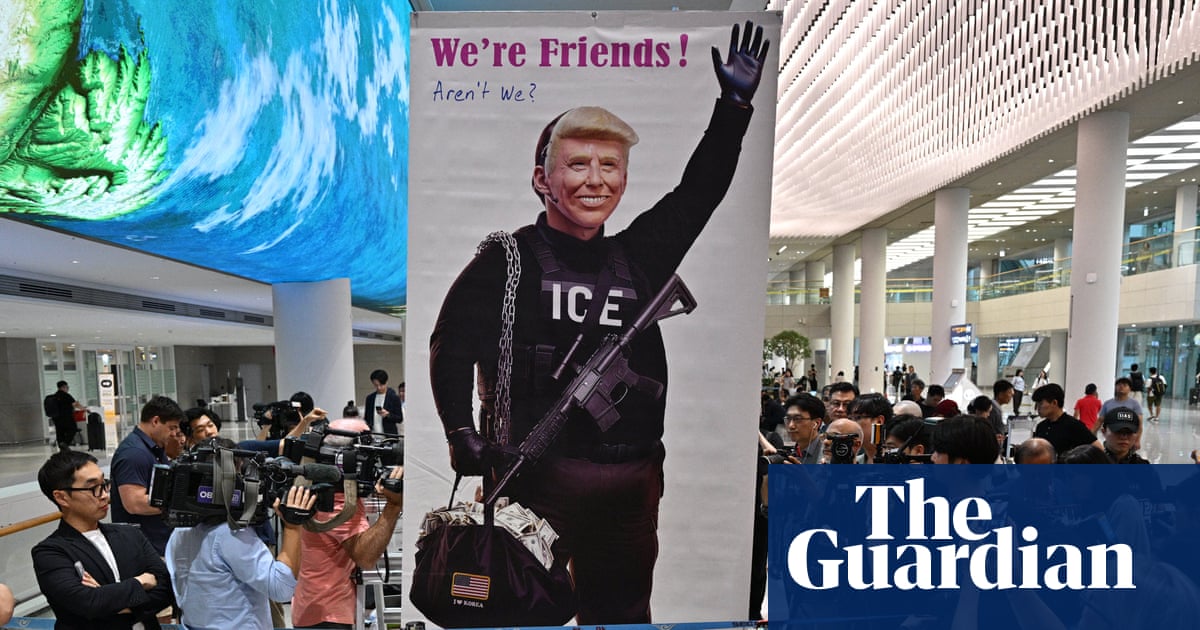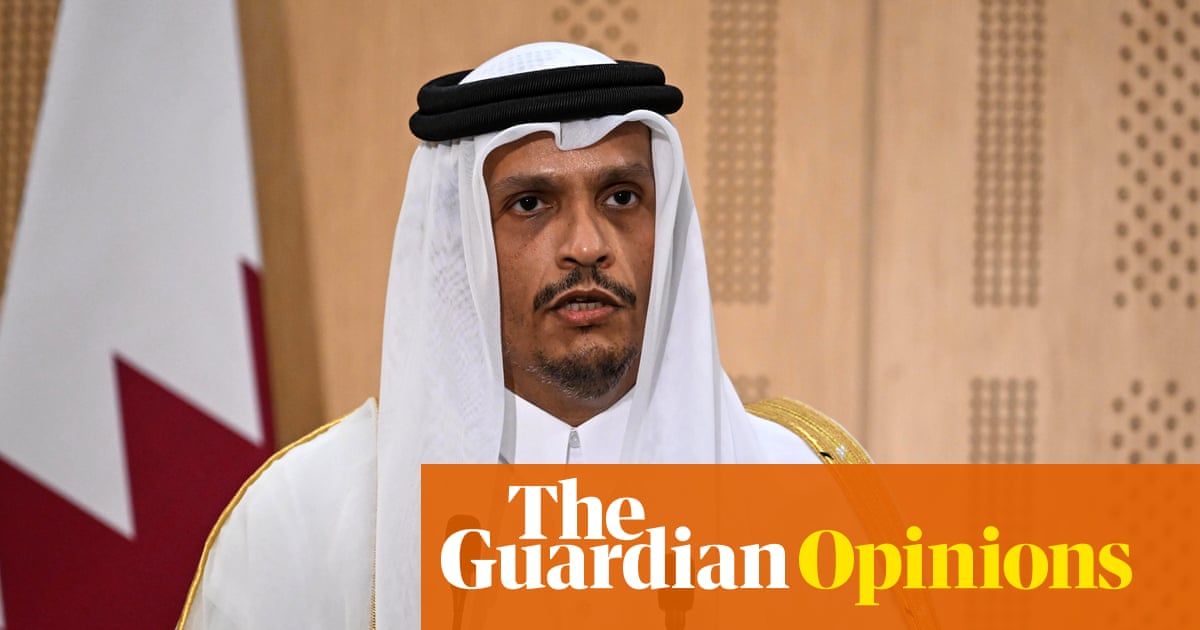South Korea’s new president, Lee Jae-myung, has warned that rapid changes in the global order and rising protectionism pose a threat to his country’s survival, as he promised to pursue “dialogue and cooperation” with North Korea.
“The rapid changes in the global order such as rising protectionism and supply chain restructuring pose a threat to our very survival,” Lee said in an inaugural address, in an apparent reference to the global trade chaos sparked by US President Donald Trump’s sweeping tariffs.
In the speech made just hours after he was declared winner of Tuesday’s presidential election, Lee said he would bolster a trilateral partnership with the US and Japan.
He said his government would deal with potential North Korean aggressions with “a strong deterrence” based on the solid South Korea-US military alliance. But he would also leave the door open for dialogue with North Korea and establish peace on the Korean Peninsula.
Lee, who rose from childhood poverty to become South Korea’s leading liberal politician vowing to fight inequality and corruption, won the election on Tuesday that was triggered by the removal of former President Yoon Suk Yeol over his ill-fated imposition of martial law late last year.
Lee’s term began immediately, without the usual two-month transition period after the National Election Commission formally confirmed his victory on Wednesday morning.
In a telephone call with the chairman of the joint chiefs of staff, Kim Myung-soo, Lee asked the military to closely monitor North Korean moves and maintain a solid readiness based on the combined South Korea-US military alliance, according to local TV footage.
Lee later visited the national cemetery in Seoul to pay his respects to the late Korean leaders, patriots and war dead who are buried there.
Lee assumes office with a bulging in-tray, from a deepening economic slump and global trade war, to mounting concerns over military ties between nuclear-armed North Korea and Russia.
Just hours after Lee took office, South Korea’s crucial steel and aluminium exports were set to be hit by steep US levies of 50%, after Trump announced a rise in the tariffs imposed by his administration last week.
With Reuters, Agence France-Presse and the Associated Press

 3 months ago
43
3 months ago
43
